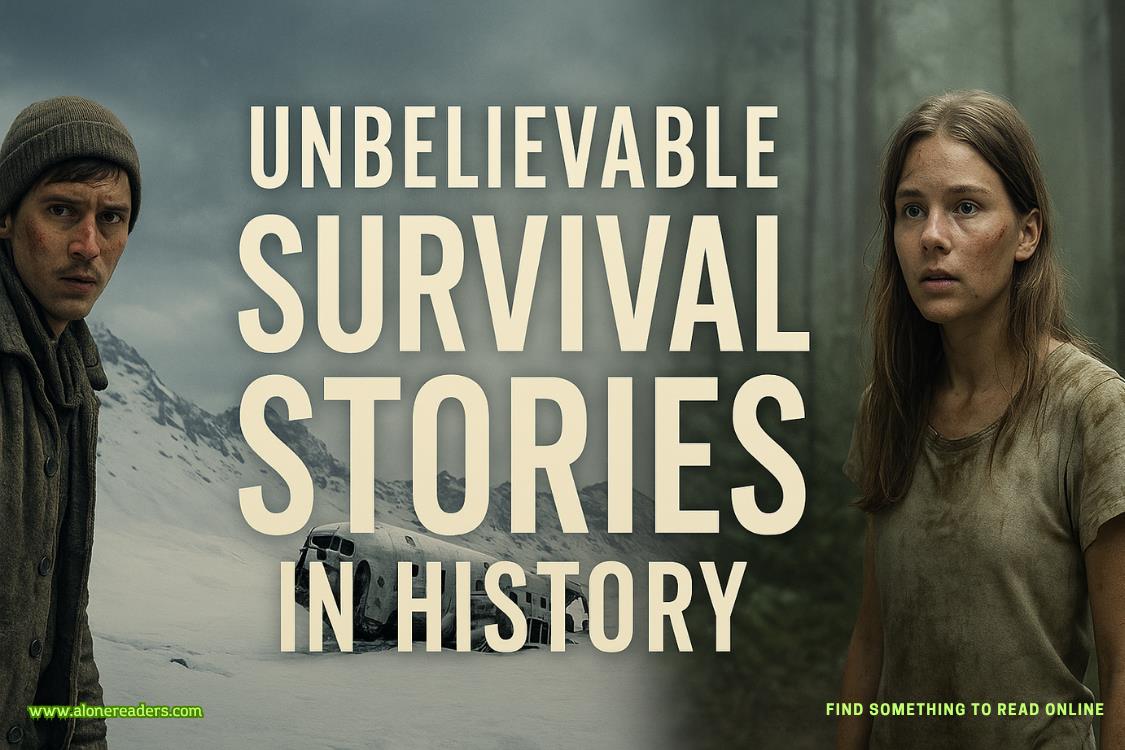Page 96 of You Owe Me
“So you’re dating Maverick Lexington,” one of them says—a blonde girl whose name I don’t catch but whose tone suggests she knows exactly who Maverick is and what that means.
“I am,” I reply, lifting my chin slightly. Even here, even in the middle of betraying him, I’m not going to let anyone think I’m ashamed of that.
“That must be… intense,” another one adds with a laugh. “I heard he once made a guy transfer schools just for looking at his girlfriend wrong.”
“That’s an exaggeration,” I say automatically, though honestly, I’m not entirely sure it is.
Carter returns with my water and a glass of wine for himself. “Actually, I don’t think it is. Maverick’s reputation for… decisive action is well-documented.”
He says it like he’s discussing a particularly interesting case study.
“So,” I say, accepting the water glass, “what exactly did you want to discuss about campus economics?”
“Straight to business. I like that.” Carter settles into one of the leather chairs and gestures for me to take the couch. “We were just talking about transition planning. You know, what happens when established systems… evolve.”
“Evolve or get destroyed?”
“Ideally? Evolution. Destruction is so messy.” He sips his wine like we’re discussing market trends instead of my boyfriend’s empire. “But sometimes evolution requires… external pressure.”
I look around the room at his friends, who are all watching this exchange with the fascination of people watching a nature documentary. Predator and prey, circling each other in expensive surroundings.
“Get to the point,” I demand quietly.
“Information. Where’s my data?”
I look around the room again, at these people who are treating this like entertainment, like intellectual exercise instead of real lives hanging in the balance. They have no idea whatMaverick’s “system” actually means—the students he’s helped, the problems he’s solved, the genuine loyalty he’s earned through years of proving himself trustworthy.
They just see opportunity.
“Let’s say, hypothetically, I was willing to give you the data,” I begin carefully. “What would I get in return?”
“Simple,” Carter replies. “I’ll provide assurance that certain federal investigations find no evidence of wrongdoing.”
“And Maverick never finds out?”
“Why would he? You’d be protecting him from consequences he doesn’t even know exist yet.”
The twisted logic of it makes me feel sick. Carter’s framing this as heroic—me saving Maverick from his own success by helping someone else take it over.
“I need specifics,” I say, buying myself more time. “What kind of information?”
“Who owes him what. Which favors carry the most leverage. How he collects when people don’t want to pay.”
Every word confirms what I suspected—this isn’t just about taking over Maverick’s campus influence. Carter wants to destroy him completely. Map out every vulnerability, every secret, every weakness that could be weaponized.
“That’s a lot to ask.”
“It’s a lot to offer in return,” Carter replies. “Your boyfriend’s family stays safe, his business stays clean, and everyone moves forward without unnecessary… complications.”
“And if I don’t hand over the information?” Because that will never happen.
Carter’s smile turns sharp. “Then we test how well that family business holds up under federal scrutiny. My guess? Not very well.”
The silence that follows is thick with threat and possibility. Everyone in the room is watching me, waiting to see whatI’ll choose. Whether I’ll sacrifice Maverick’s empire to save his family.
The worst part is, I can see Carter’s logic. Maverick is graduating soon anyway. His system would need transition planning regardless. And if the alternative is watching his grandfather face federal charges…
Maybe cooperation is the lesser evil.
- His to Command by Emma Bray
- Detention with Daddies by Sofia T. Summers
- Daddy's Heart by Dani Wyatt
- Tarnished Hands by T.L. Smith
- The Way We Win by Tia Louise
- Tracked By Hound by Cassi Hart
- Until Presley by E.M. Shue
- Love in Excess by N. Slater
- The Madness Within by Raja Savage
- Greek's Enemy Bride by Caitlin Crews
- Taken by Lena Little
- Maddox by Piper Stone
- Property of Madman by Sapphire Knight
- Sacrificing Zoriah by Emily Klepp
- Omega's Triplets by J.L. Wilder
- Tag by Natalie Bennett







